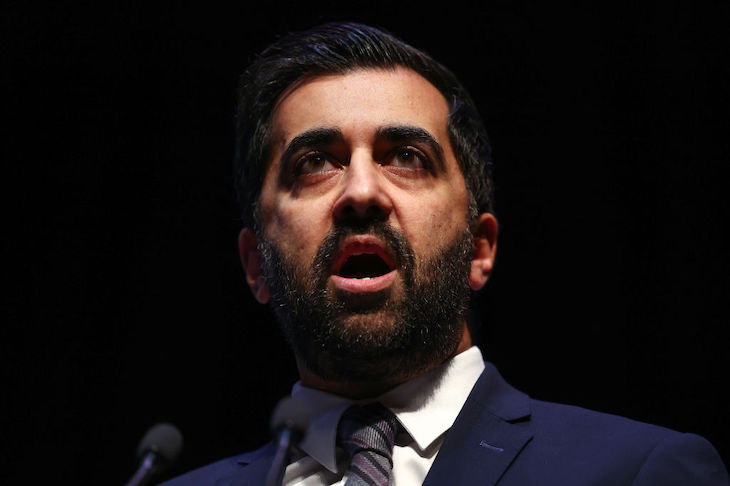He’s only gone and done it again. Mark Blyth, born in Dundee but now professor of international economics at the prestigious Brown University in the United States – the man who was wooed by the Scottish government to join its economic advisory council in 2021 in the obvious hope he would lend credibility (and maybe a touch of stardust) to its case for secession – has eviscerated the economic arguments for splitting from the UK.
Already a subscriber? Log in
Subscribe for just $2 a week
Try a month of The Spectator Australia absolutely free and without commitment. Not only that but – if you choose to continue – you’ll pay just $2 a week for your first year.
- Unlimited access to spectator.com.au and app
- The weekly edition on the Spectator Australia app
- Spectator podcasts and newsletters
- Full access to spectator.co.uk
Or




















Comments
Don't miss out
Join the conversation with other Spectator Australia readers. Subscribe to leave a comment.
SUBSCRIBEAlready a subscriber? Log in